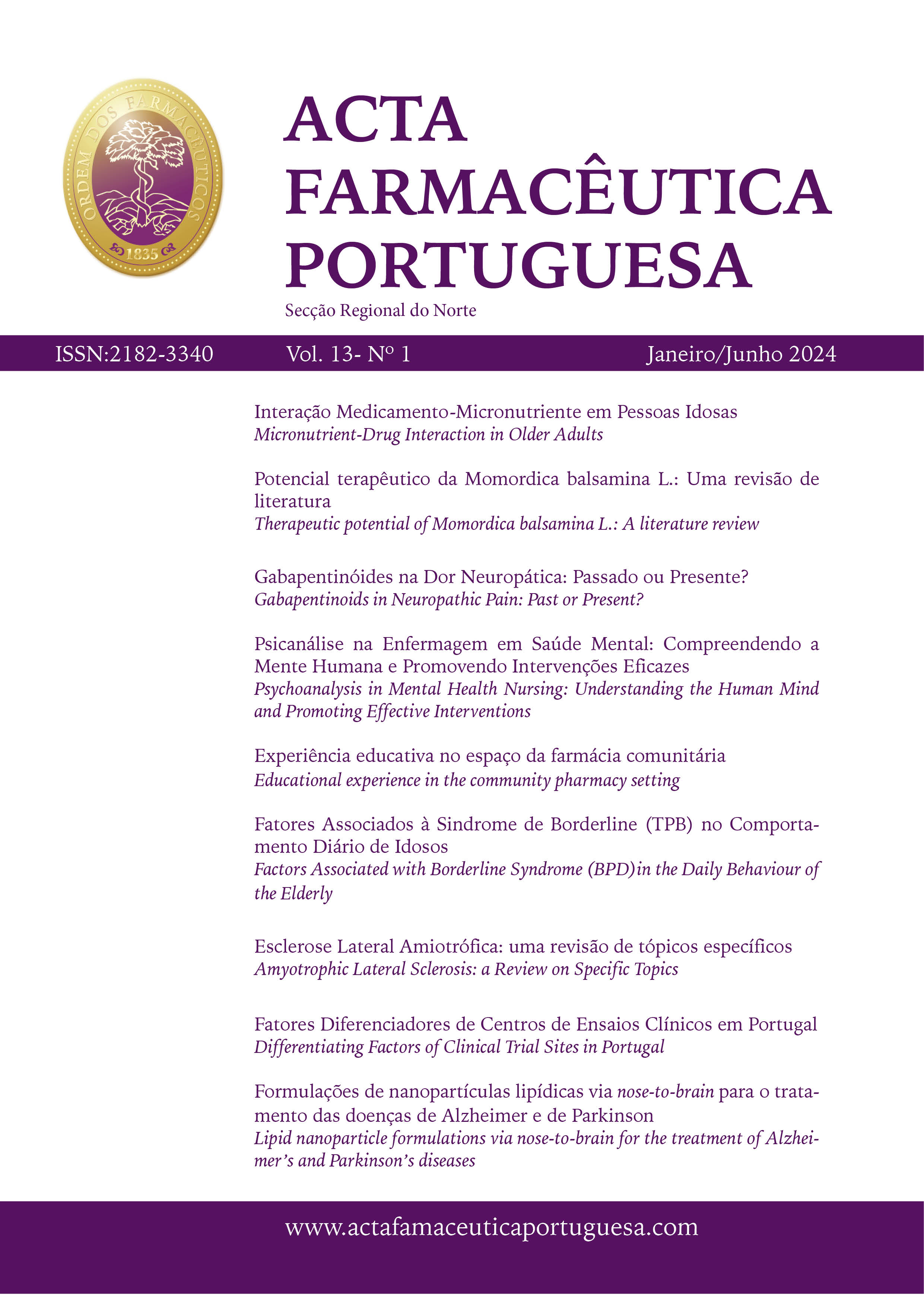Factors Associated with Borderline Syndrome (BPD)in the Daily Behaviour of the Elderly
Abstract
Introduction: Borderline Personality Syndrome (BPD) refers to a psychiatric disorder determined by instability and hypersensitivity in interpersonal relationships and self-image. With aging, chronic non-communicable diseases cause physical impossibilities in daily activities and the feeling of finiteness can become factors that affect the mental health of elderly people, relating to variations in mood and anxiety. To evaluate the conditions that underlie the manifestation of BPD in the daily behavior of elderly people and that affect the behavior, self-image, mood and brain functioning of this population. Methodology: This is a narrative review carried out in August 2023, with searches in the PubMed and Virtual Health Library (VHL) databases, based on the Health Sciences Descriptors (DeCS): mental health; frail elderly and theory of mind. Articles with research carried out on human beings, available in full, between the years 2019 and 2023, in English and Portuguese were included. Development: As you age, physical tasks become compromised because chronic diseases such as diabetes and hypertension are more susceptible and consequently your mental health is affected. Therefore, it contributes to BPD, which is characterized by a feeling of anger as the main and/or only affection; deficits in interpersonal relationships; lack of consistent identity and depression. Conclusion: TBT can affect the daily behavior of older adults. Early diagnosis and appropriate treatment are essential to improve the quality of life and well-being of these individuals.
Keywords: mental health, fragile elderly, theory of mind.


